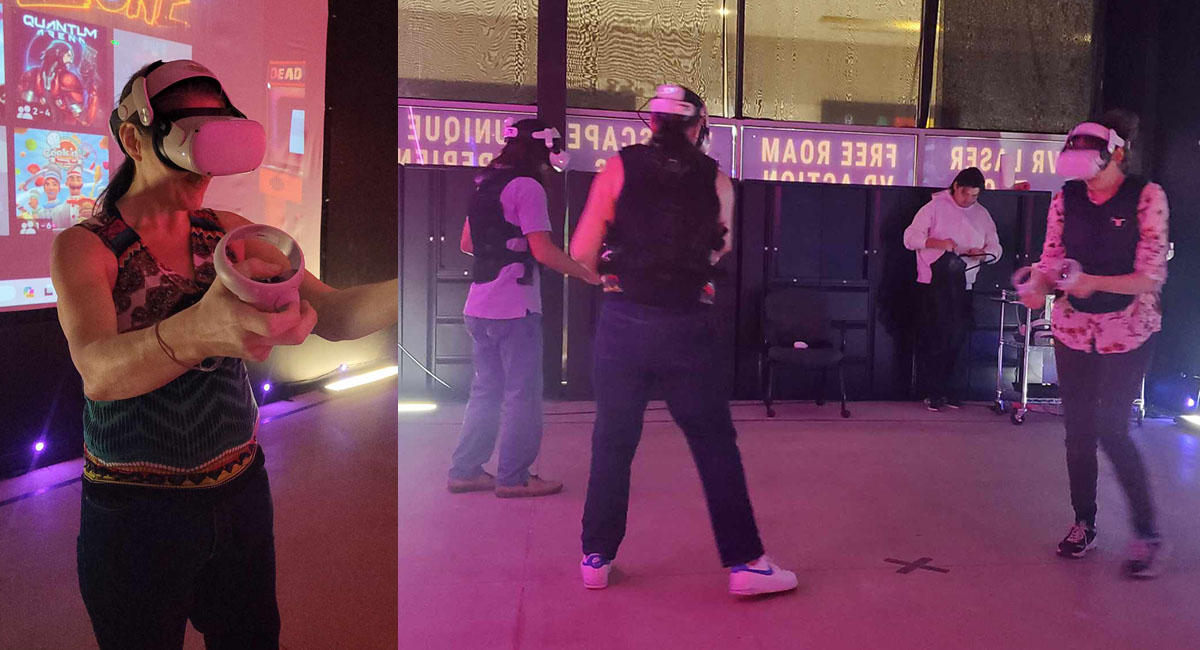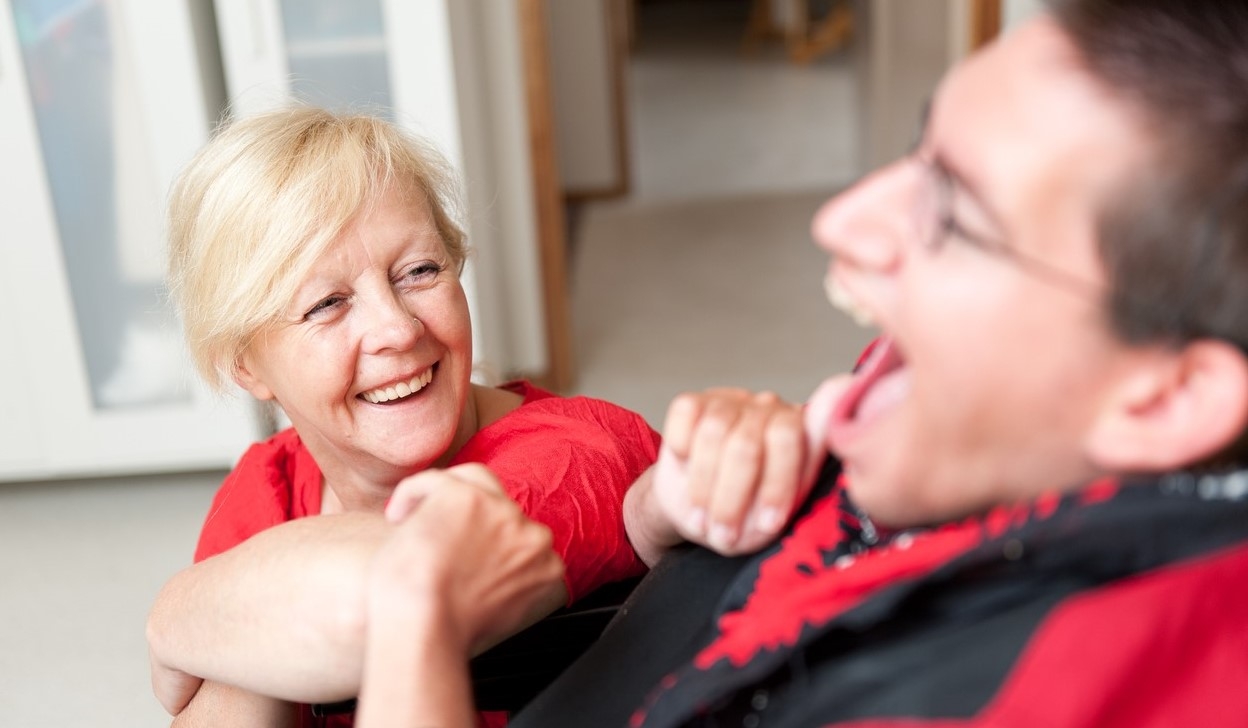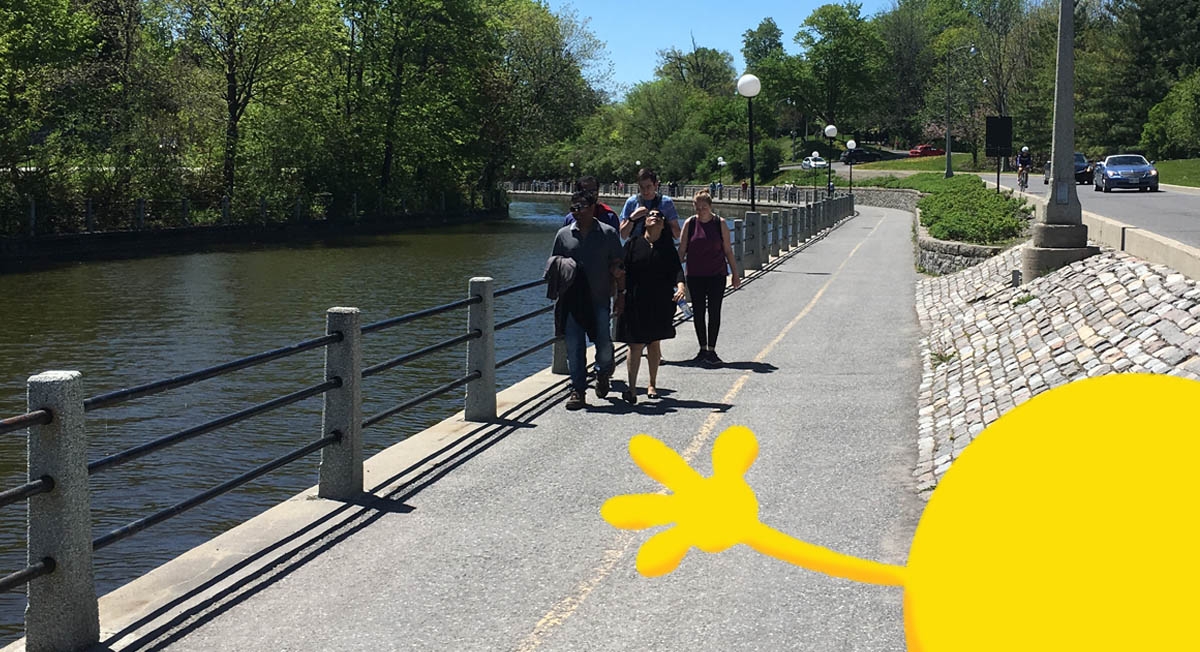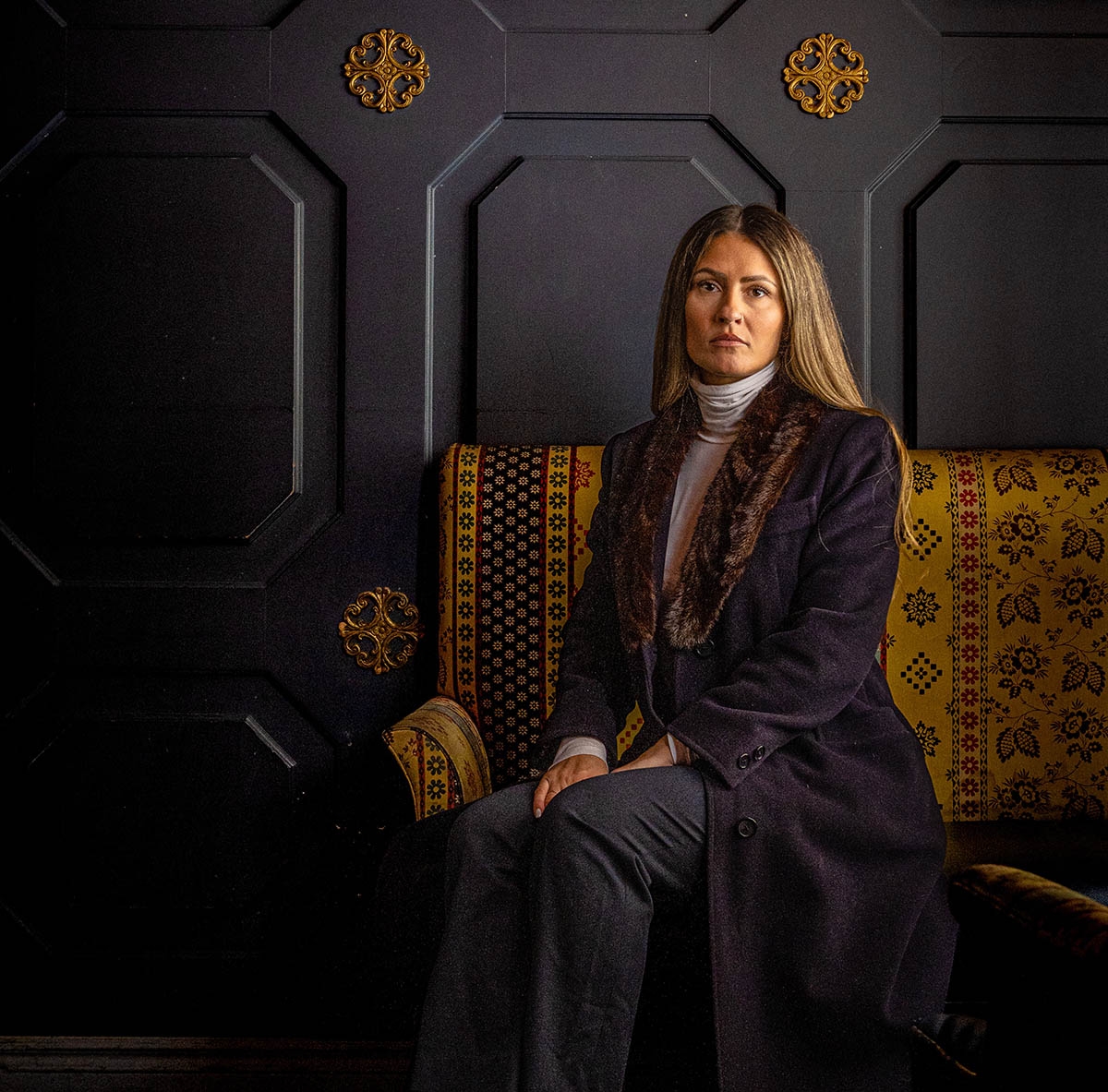
How Covid-19 has impacted myself and PWD
Covid-19 has impacted many peoples lives in a magnitude of ways. Jobs were lost, small businesses were forced to close, and many people are no longer with us. The list is long in terms of the different ways in which we’ve all been affected. For people with disabilities, it’s been especially difficult.
For many PWD, including myself, we rely on others to help us with our daily living. For some, it could mean assisting with cooking and eating, bathing, laundry, or in my case, everything. Besides being concerned about getting infected myself, I was also worried about my caregivers becoming sick as well.
In the early stages of the pandemic, I was extremely anxious that at least one of them was going to get infected. If that happened, there’s a possibility that I’d end up in a hospital due to a shortage of people being able to help me. If I were to end up there, especially at that time, things might not have ended well.
Another concern I had was the lack of Personal Protective Equipment, or perhaps better known as PPE. When Covid-19 first started, I had a tough time acquiring PPE for my caregivers. Many health agencies, both locally and provincially, were grossly unprepared. As you’re probably aware, the same goes for hospitals and the paramedics, even as I’m typing this.
Along with the shortage of PPE, like many of you experienced, I had a tough time finding bottles of hand-sanitizer. When you have caregivers looking after you, hand-sanitizer is crucial, along with proper hand-washing, in preventing the spread of Covid-19, and other infections. Fortunately, a friend of mine got me in touch with someone that was producing and distributing hand-sanitizer. However, now I’ve been having a hard time tracking down nitrile gloves. A lot of the drugstores have been sold out, or the prices have increased. If anyone knows where I can find some, please reach out to me.
Typically, during the Summer, I’ll be outside and around town as much as possible. Due to Covid-19, I haven’t been able to. Now I know some of you may be thinking that it has also affected almost everybody. For a person with a disability, or furthermore, a person using a wheelchair, being able to get out became much harder.
For starters, there’s Para Transpo. For those of you that aren’t aware, Para Transpo is a public transportation service used by seniors and people with disabilities living in the city of Ottawa. When a person boards a Para Transpo vehicle, typically, they’re sharing the ride with other passengers. Most, if not all, customers of Para Transpo would be considered vulnerable to getting Covid-19. Because of that, up until recently, Para Transpo was only allowing one customer at a time to board a vehicle. That put a significant strain on a service that already had a shortage of vehicles and drivers. I believe that they’re now allowing two customers to travel on the same bus.
On top of that, several Para Transpo drivers were refusing to wear a face mask, which puts both the driver and passengers at further risk. There have also been several issues regarding proper cleaning. I’ve seen several photos online depicting dirty seats, floors, and wheelchair tie-downs.
For those three issues, I haven’t used Para Transpo since the pandemic started. I will continue to avoid using them for as long as possible or until the situation improves. It pains me to do that, but my health is important to me. Like many other issues affecting PWD in Ottawa, the City chooses to ignore them. In my next column, I’ll be taking a more in-depth look at Para Transpo, how it operates, as well as take a better look at some of the on-going issues that customers like myself face.
Another reason why I and other PWD have had a harder time going out is the lack of wheelchair-accessible public washrooms. With buildings shut down, it was even harder to find a restroom that’s big enough for my wheelchair. Anytime that I went out, I couldn’t go far just for that reason. I should also mention that people also use washrooms for medical purposes. Things are slowly returning to normal in that regard, but still not how it was, and it’s nowhere near where it should be.
Thanks to Covid-19 and its effect on small businesses, the City has decided to close off streets to cars to allow restaurants and bars to open up more patio space. For example, on Somerset & Bank Street — almost all of the businesses on Somerset & Bank Street aren’t wheelchair accessible. There’s port-a-potties set-up on the sidewalk, but currently, none of them are PWD friendly.
There is some good news, though. This past Saturday, a large section of Bank Street was shut down to cars, and that will continue every Saturday until at least August 8th. My understanding is that there’s a wheelchair-accessible port-a-potty set up on Bank & Gloucester Street. I’ve also been informed that that specific washroom will be there every day.
The above was just a small example of how PWD has been affected by Covid-19. There are still several more ways, and let’s face it, Covid-19 still isn’t over yet. We still have a long way to go before we return to normal, and more than likely, a new kind of normal.









